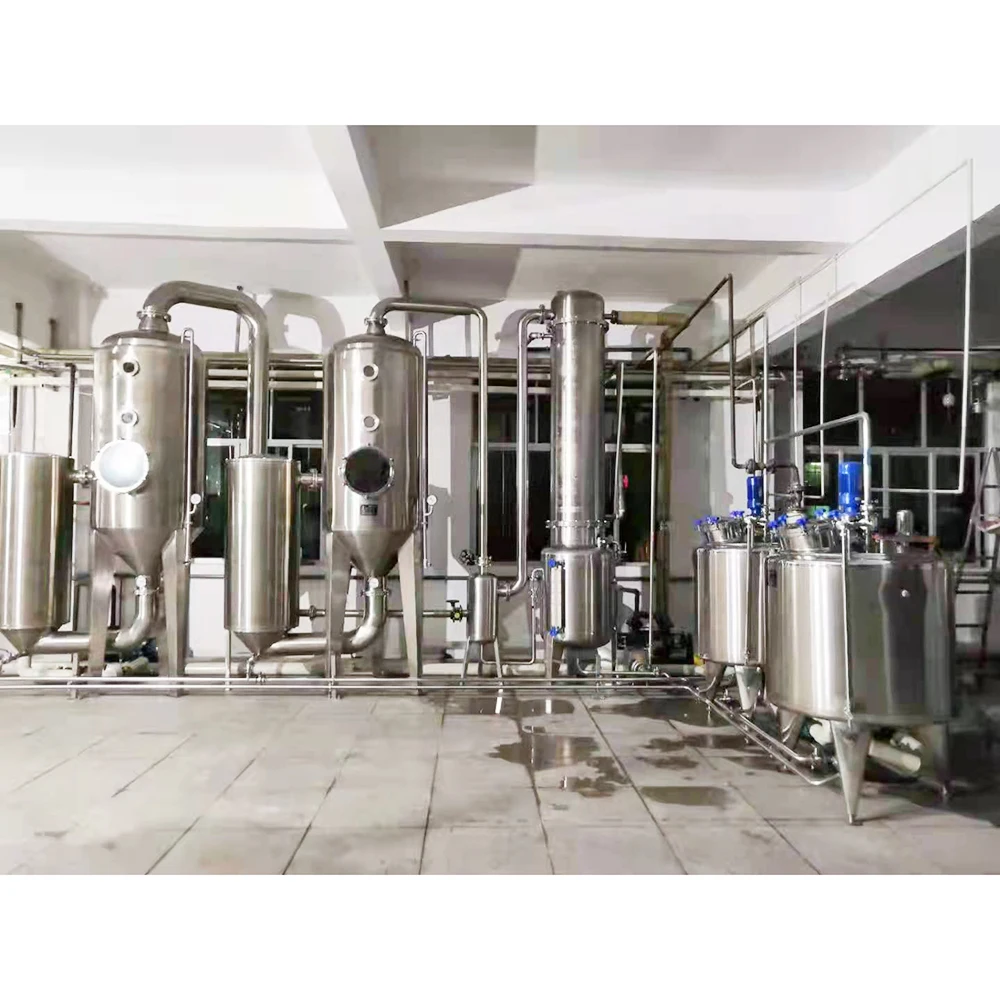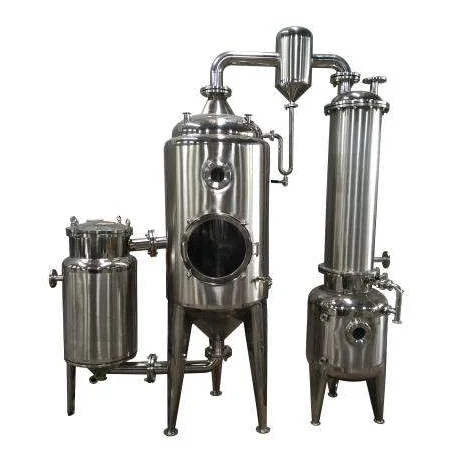ABOUT
Wenzhou Vince Machinery Science Co., Ltd. was established in early 1980s. Our company covers an area of 6500 square meters and is an independent legal representative firm, possessing rich economic technology strength. Our company is a high tech enterprise and plays an important role in national dairy, foodstuff, pharmacy and machinery industries. We are a beverage machinery supplier.
Since the establishment, our company has mainly engaged in dairy products, foodstuff, beverage machinery, bean products, yellow wine, medicines and fermentation projects. What's more, our company supplies a complete sequence services in manufacturing, installation, test and personnel train, as well as the whole direction service design and consulting service on product project construction or enlargement artistic distribution engineering sets budget.
Brewing's Essential Tool The Mashing Tank Explained
Brewing beer is a complex and fascinating process that involves a series of crucial steps, each contributing to the final flavor and character of the beer. One of the most critical stages in this process is mashing, and at the heart of this stage lies a crucial piece of equipment: the mash tun. The mash tun is an essential vessel that facilitates the conversion of complex starches in grains into fermentable sugars, ultimately defining the beer's flavor profile. Understanding the role of the mash tun is crucial for any aspiring brewer, as it holds the key to unlocking the potential of your brewing ingredients. This article delves into the world of mashing tanks, exploring their design, function, and importance in the brewing process.
What is a Mash Tun?
A mash tun is a large, insulated container that houses the mash, a mixture of crushed grains and hot water. This vessel is typically made from stainless steel for durability and easy cleaning. The mash tun is designed to maintain a precise temperature, crucial for the enzymatic process that breaks down starches into fermentable sugars. The mash tun plays a vital role in extracting the essential components from the grains, ultimately influencing the final beer's color, aroma, and overall flavor.
Function of a Mash Tun
The primary function of the mash tun is to provide a controlled environment for the enzymatic conversion of starches into fermentable sugars. This conversion process is known as saccharification and is crucial for beer production. The mash tun allows brewers to maintain a specific temperature range, typically between 149°F and 158°F (65°C and 70°C). Within this range, enzymes in the grains, specifically alpha and beta amylase, are activated and begin breaking down the starches into sugars. The duration of the mash also plays a significant role in determining the amount of sugar extracted from the grains, directly impacting the final beer's alcohol content and flavor.
Types of Mash Tuns
Mash tuns come in various designs, catering to different brewing scales and preferences. For smaller homebrewers, simple and portable mash tuns are available. These are often made of plastic or stainless steel and are designed for easy setup and cleaning. Larger commercial breweries utilize more elaborate mash tuns with features like automated temperature control, recirculation pumps, and grain sparge systems. Regardless of the design, all mash tuns aim to provide a controlled environment for the enzymatic conversion of starches into fermentable sugars.
Importance of Mashing
The mashing process is undeniably critical in beer brewing, as it directly influences the beer's flavor profile. The mash tun plays a vital role in this process, providing the controlled environment necessary for efficient saccharification. The mash tun's temperature control allows brewers to activate specific enzymes responsible for breaking down starches, ultimately yielding the desired sugar profile for fermentation. The quality of the mash, as well as the mash tun's ability to maintain consistent temperature, has a direct impact on the final beer's taste, aroma, and overall quality.
SUBSCRIBE
INQUIRY




